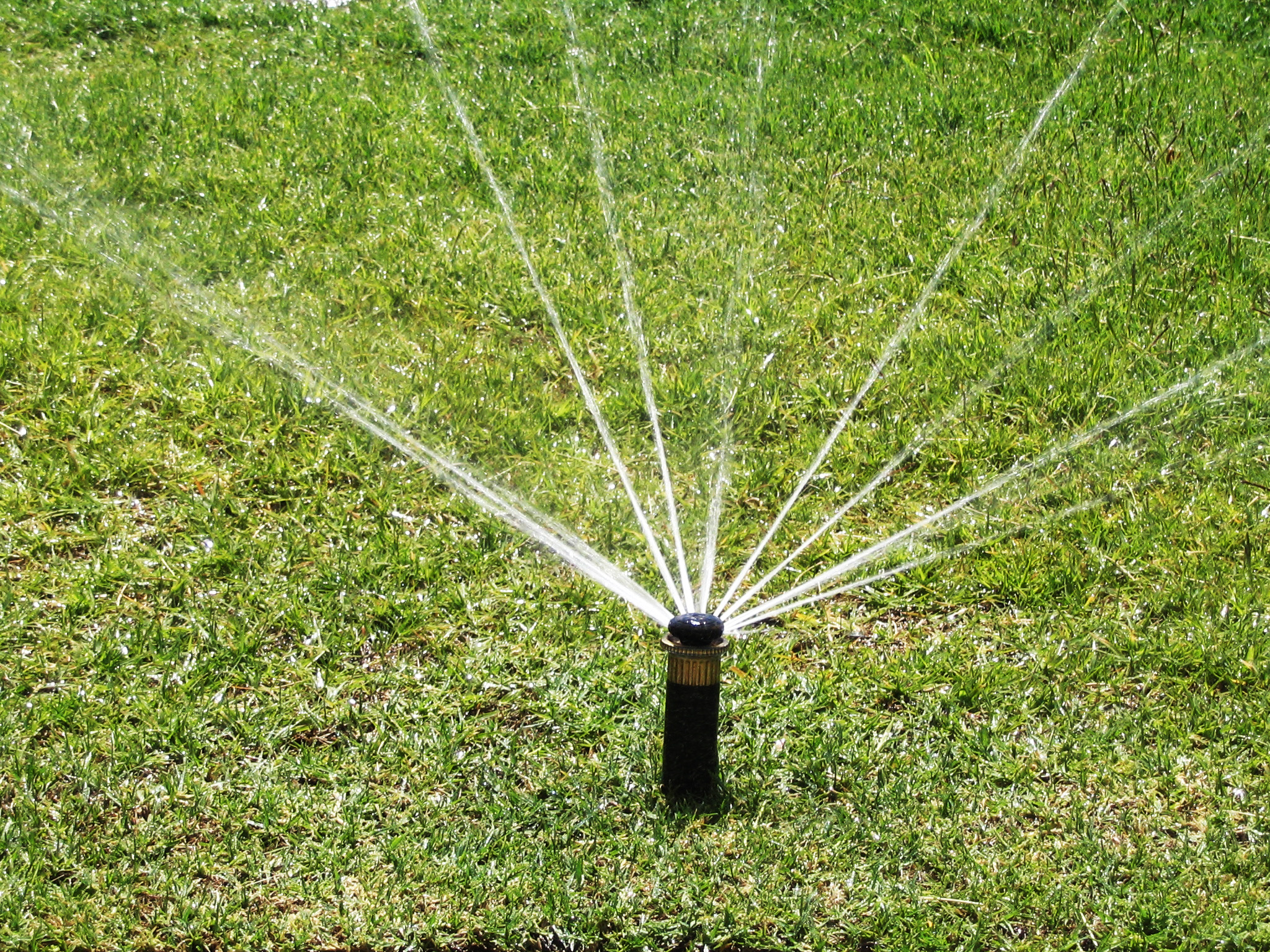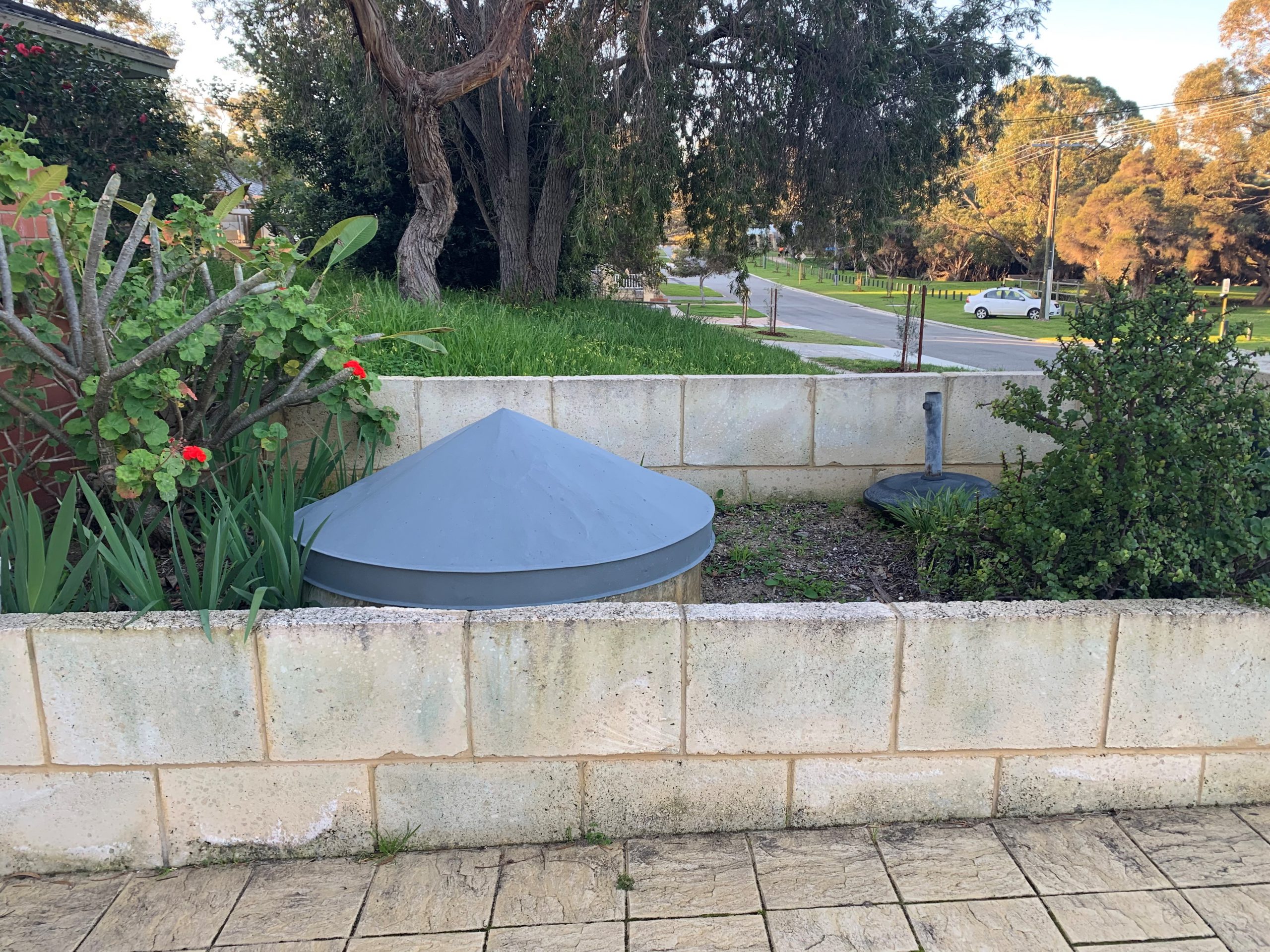Maintain your garden bore
Watch Josh Byrne talk about how to maintain a garden bore.
Garden bores and their irrigation systems need to be maintained to work efficiently and effectively in the long term.
Whether your garden bore is old or new, regular maintenance will help you spot signs of scaling, corrosion, damage and leaks which can reduce your system’s performance and increase your pump running costs.
Get more from your garden bore
Follow these tips to get the most out of your garden bore:
- Use an accredited driller who is experienced with the soil and groundwater conditions in your area.
- Keep your garden bore records. An accredited driller will provide you with a ‘bore log’ indicating bore depth, soil composition, yield and pump make and model. Keep these records with your house plans. These records can be invaluable, either for you or a subsequent owner.
- Install a protective cover and ensure it remains intact so the garden bore headworks can be easily found and accessed.
- Regularly inspect your bore headworks, casing and pump for signs of scaling, corrosion or damage.
- Connect your garden bore to an irrigation system, and preferably to a smart irrigation controller, to help ensure efficient watering.
- During the winter sprinkler switch off, run your system to the minimum extent necessary to keep your pump in good working order. Check if you are included in the switch off here.
- Before spring when irrigation starts again, check your irrigation system is not leaking and replace any broken or clogged sprinkler nozzles. Remember to run your garden bore for the minimum extent necessary.
- Seek guidance from an endorsed Waterwise Garden Irrigator or Waterwise Irrigation Design Shop (retail outlet) to help you with all irrigation and bore maintenance, troubleshooting and repairs. To find a waterwise specialist in your area visit Irrigation Australia at www.waterwiseprograms.com.au or use Water Corporation’s search tool to find all types of waterwise specialists.
- Keep the bore clean and in good working order. Never flush waste down a borehole.
- Take regular water samples to check your water quality, in particular salinity and pH, which can indicate groundwater contamination, damaged bore casing and/or overpumping (in excess of the site’s recharge).
- Check if your garden bore water has changed colour or has any odours which can indicate contamination or the presence and build-up of iron bacteria that may impact your pump’s efficiency.
- If you decommission your bore, make sure you have it professionally capped to make it safe and prevent groundwater contamination.



